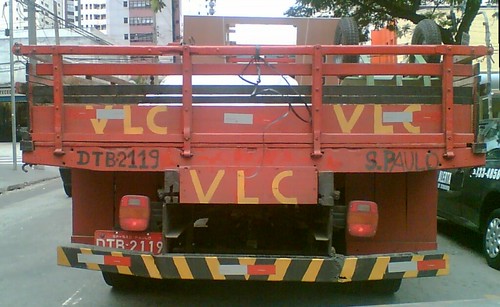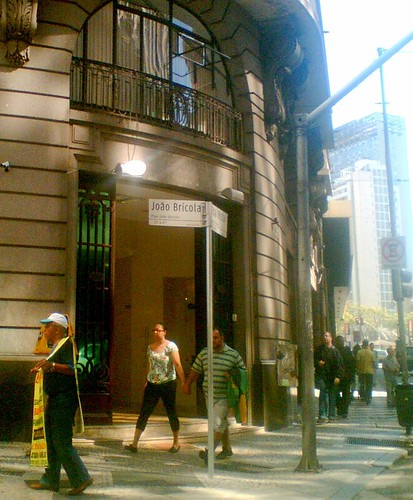Bricolabs are a collective answer for demands common to a lot of people all around the world these days. How do we share knowledge in order to create an effective and viable innovation network that is both self-organized and productive. How do we not only foster the creation of new uses for technologies, but awake a deeper, more intimate relationship between people and information, supported by open hardware, free and open source software and freely available knowledge and content.
Bricolabs should operate like a self-organised network, following a set of consensual governance principles and allowing a dynamic composition of its constituting nodes according to different possible objectives.





